
Rossend Arús i Arderiu dictates his last will and testament. He commands his heirs Valentí Almirall and Antoni Farnés to found a public library in Barcelona.
Grand opening of the Arús Public Library. A massive festival was held with the collaboration of over 150 civic organizations, three music bands and the Clavé Choir amongst others. The librarian was Eudald Canivell, and the initial archive featured 24.000 volumes.
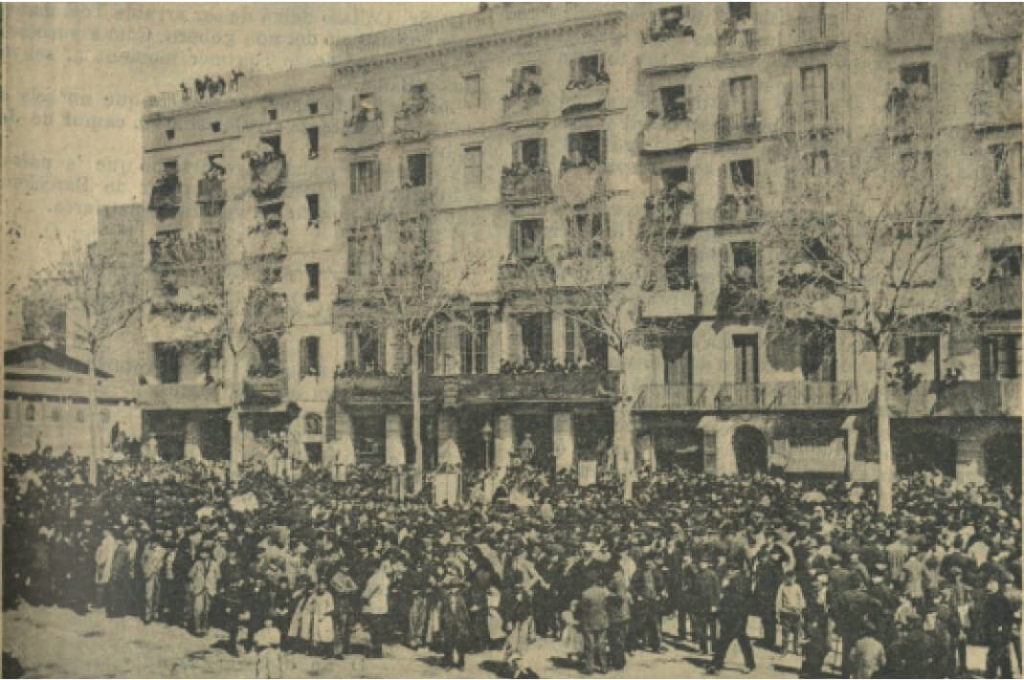
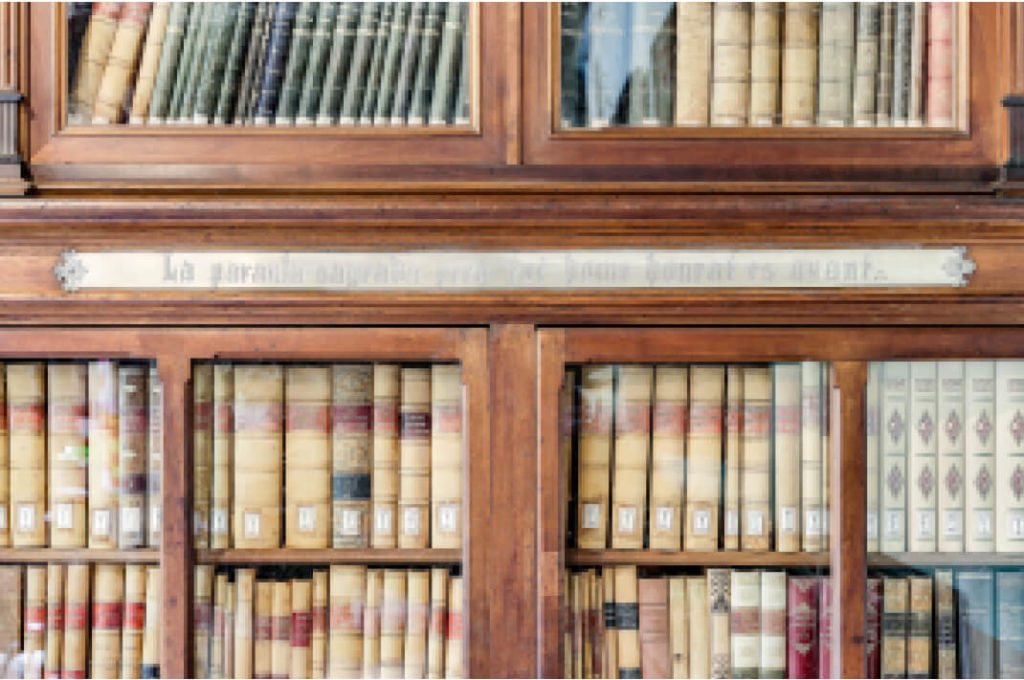
The Library loans some volumes to the 1833-1906 Bibliographic Exhibition, one of the events of the First International Convention of the Catalan Language.
New libraries appear around Barcelona, which in turn causes the Arús Library’s user count to decline.

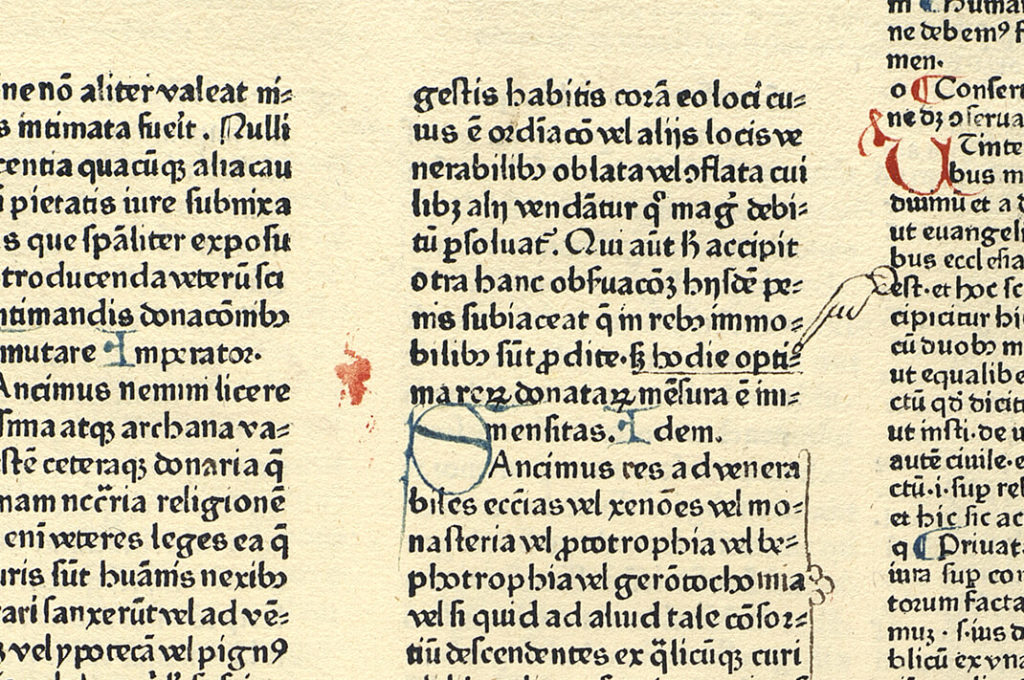
The Arús Library loans some volumes to the International Exhibition of the Book Industry and Graphic Arts in Leipzig, as suggested by the Catalan Institute of the Book Arts.
Eduald Canivell resigns. The following year, writer and journalist Josep Buxadé is appointed as Head Librarian.

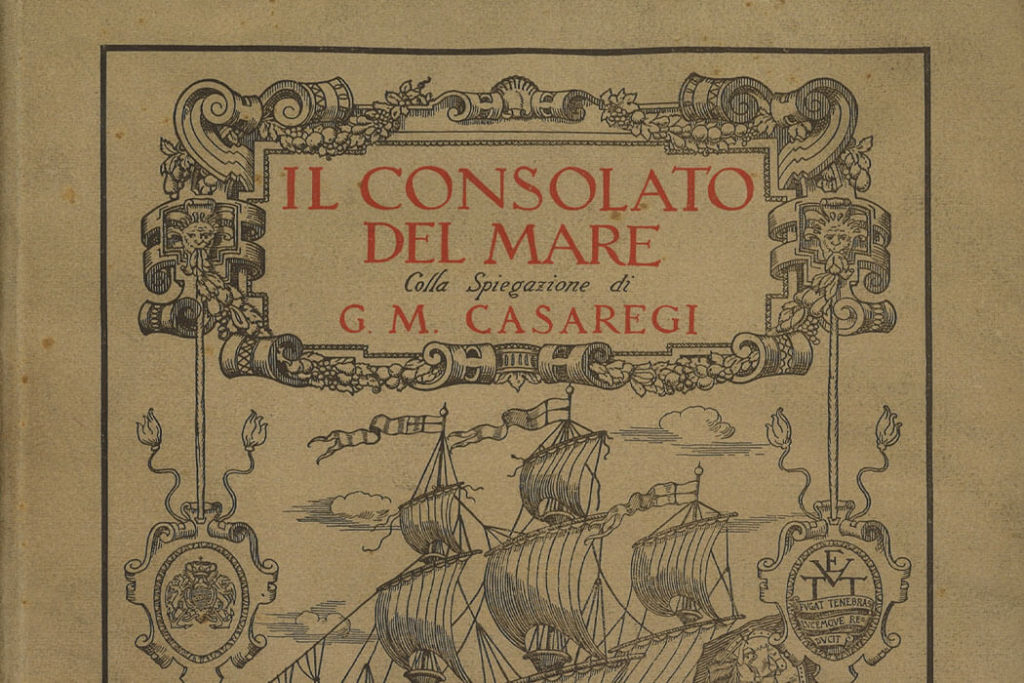
The Arús Library loans some volumes to the Barcelona International Exposition.
Death of Josep Buxadé. The Board chooses not to appoint a new librarian and to shut the library down.
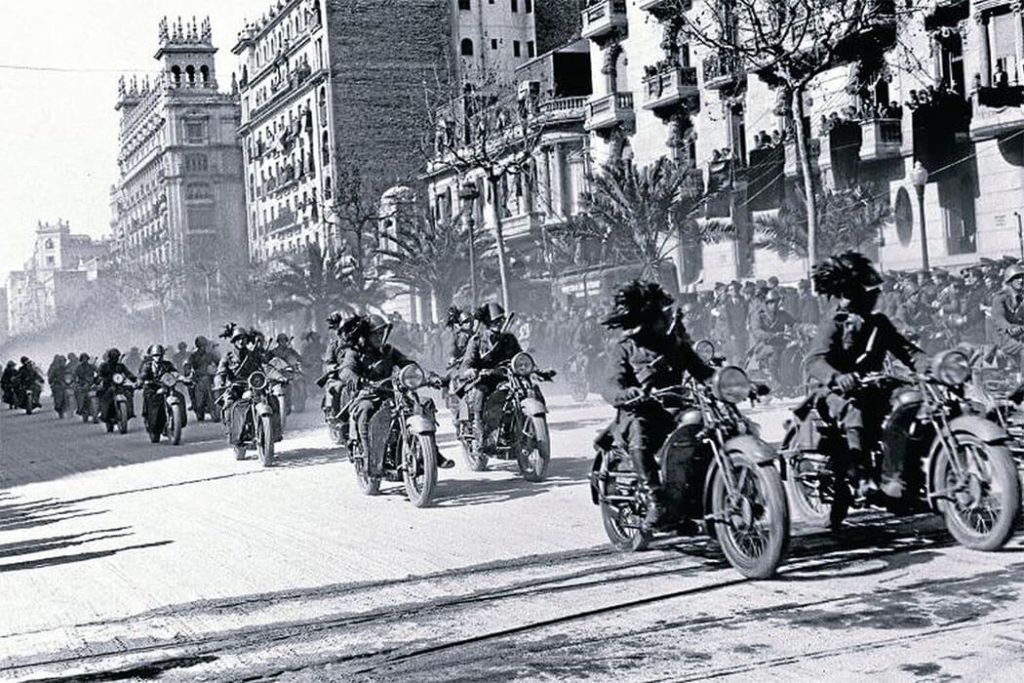
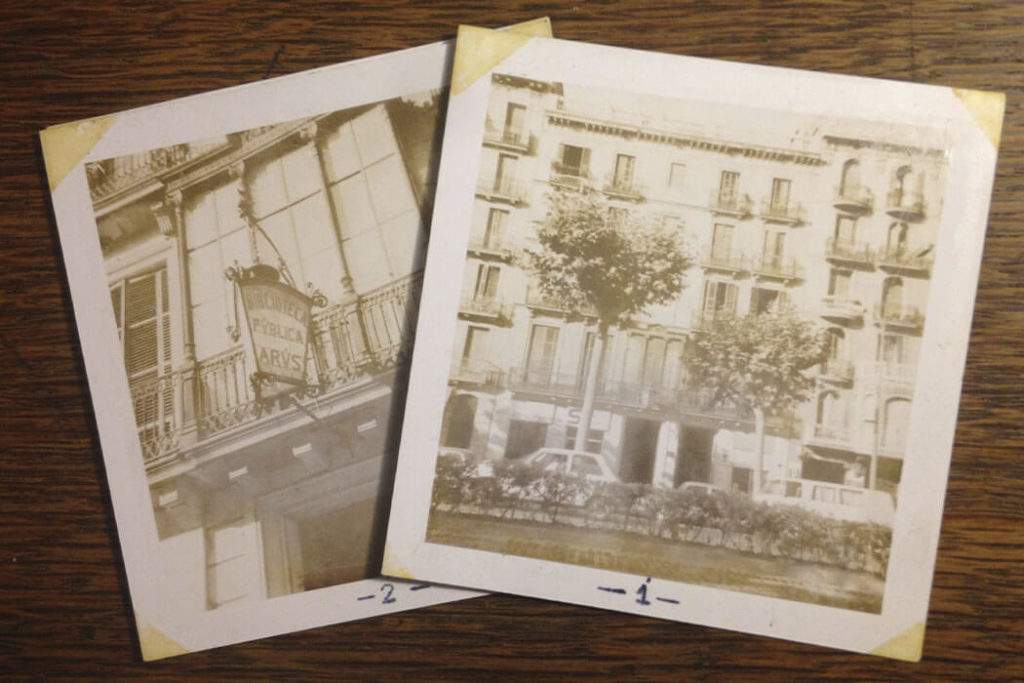
Some attempts are made to reopen the Library, albeit unsuccessfully.
Concepció Rodergas, manager of the Board, finally manages to reopen the Arús Public Library. However, the reopening was held in a very subdued manner.
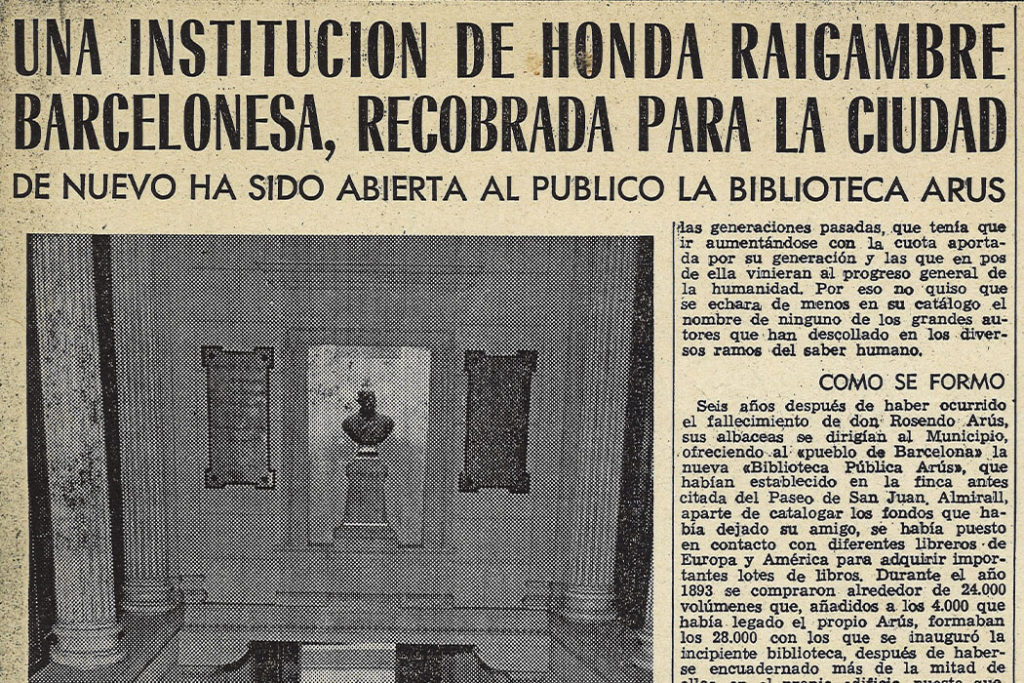

After the end of Franco’s regime, in 1978 the library starts recieving donatins by prominent anarchists, cooperativists and members of the labour movement. Some outstanding patrons were Hermoso Plaja, Diego Abat de Santillán and Alert Pérez Baró.
The Friends of the Arús Library Association is founded. Its goals are to prevent further decline of the Library, to spread awareness of the Arús Legacy and to turn the institution into an active, throbbing cultural hub.
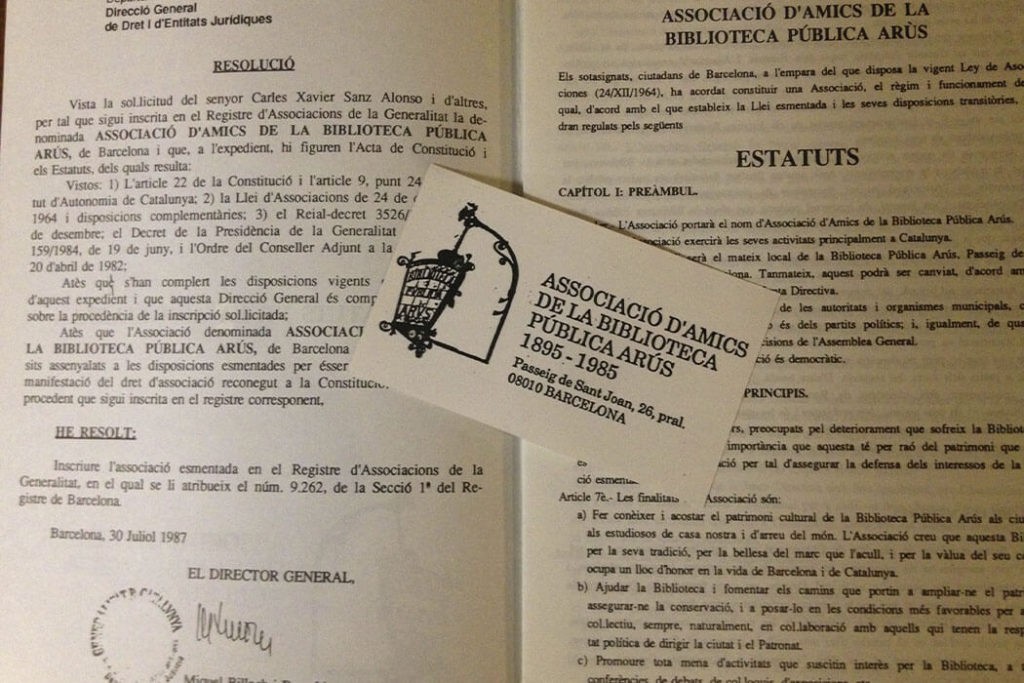
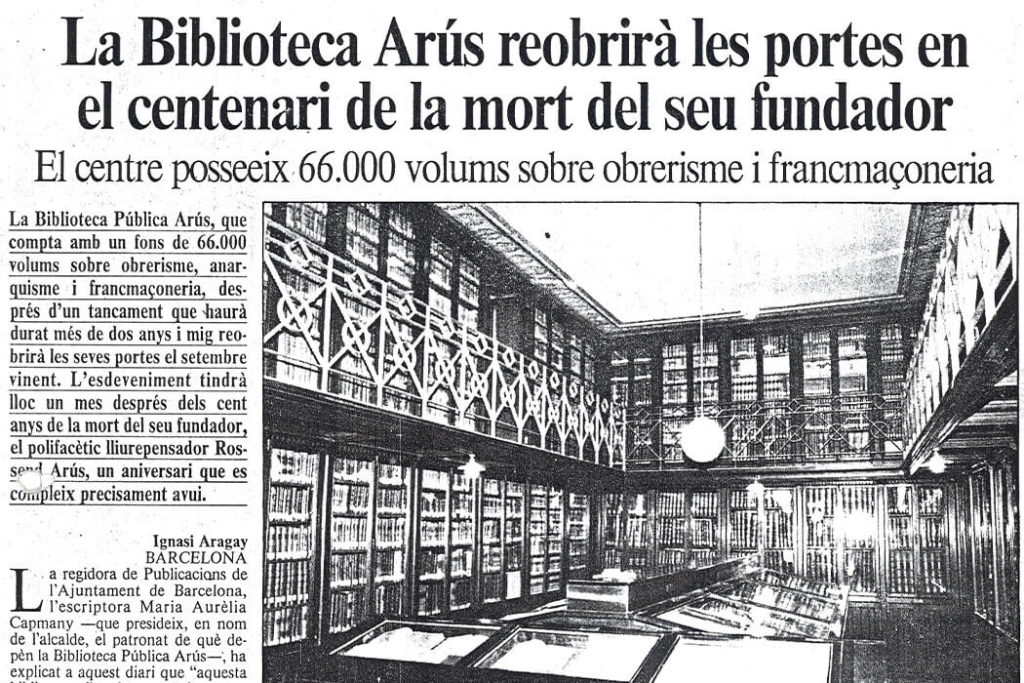
The Library is reopened on the Hundred year anniversary of Rossend Arús i Arderiu’s death.
Centenary of the Arús Public Library, with many events to commemorate it throughout the year, along with the creation of the new APL logo.
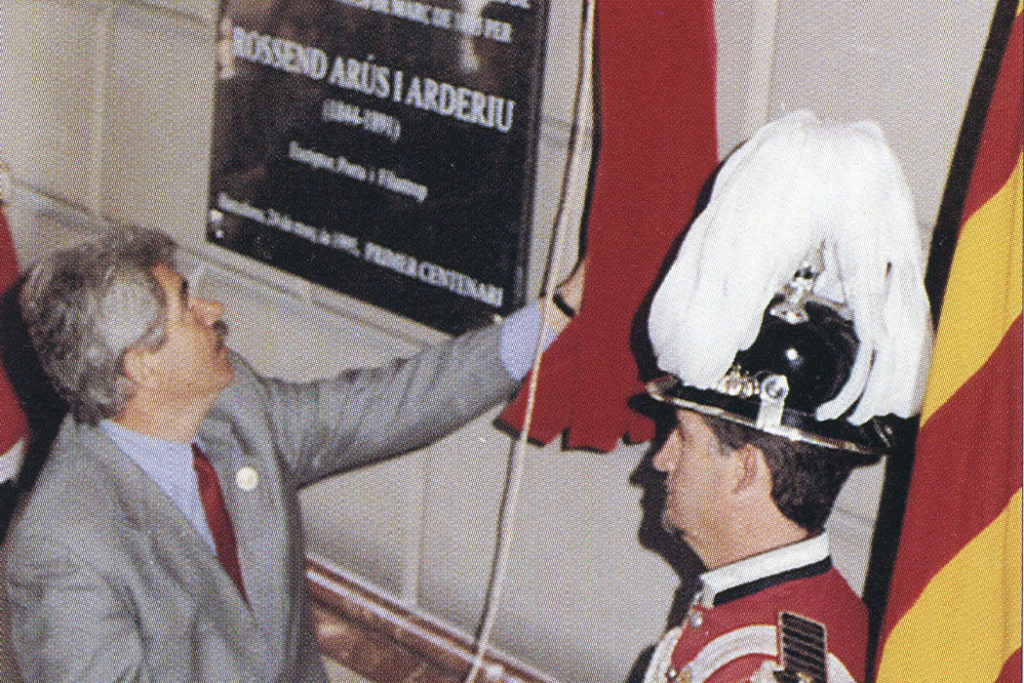
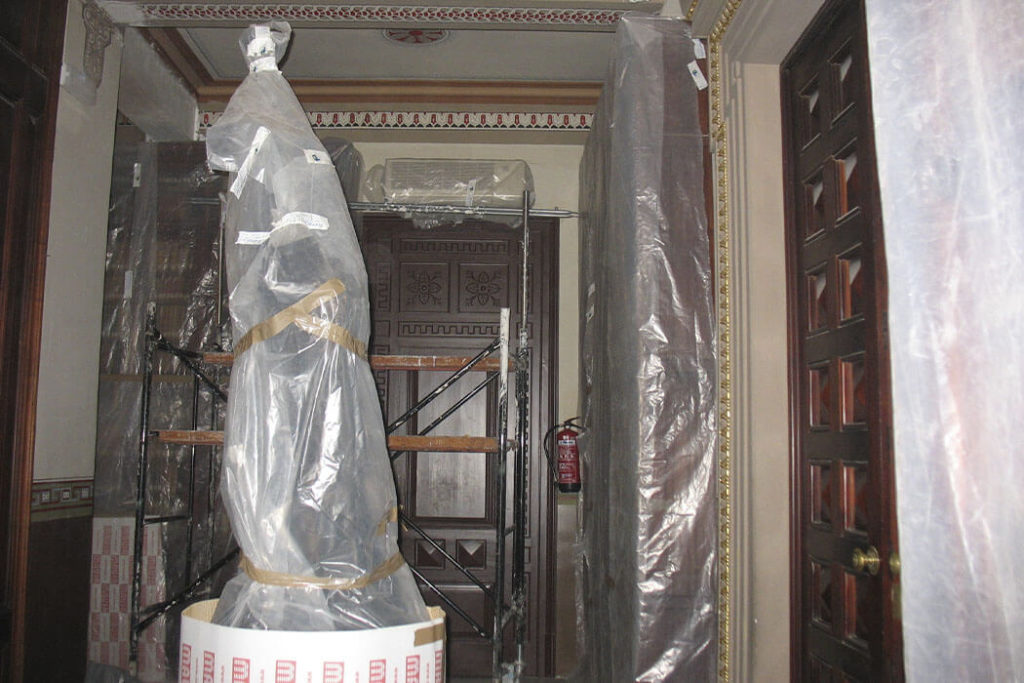
Betwen 2006 and 2009, the Library undergoes maintenance works and a premises expansion.
Joan Proubasta donates his personal Sherlock Holmes Collection, the largest in Spain and one of the largest in the world.
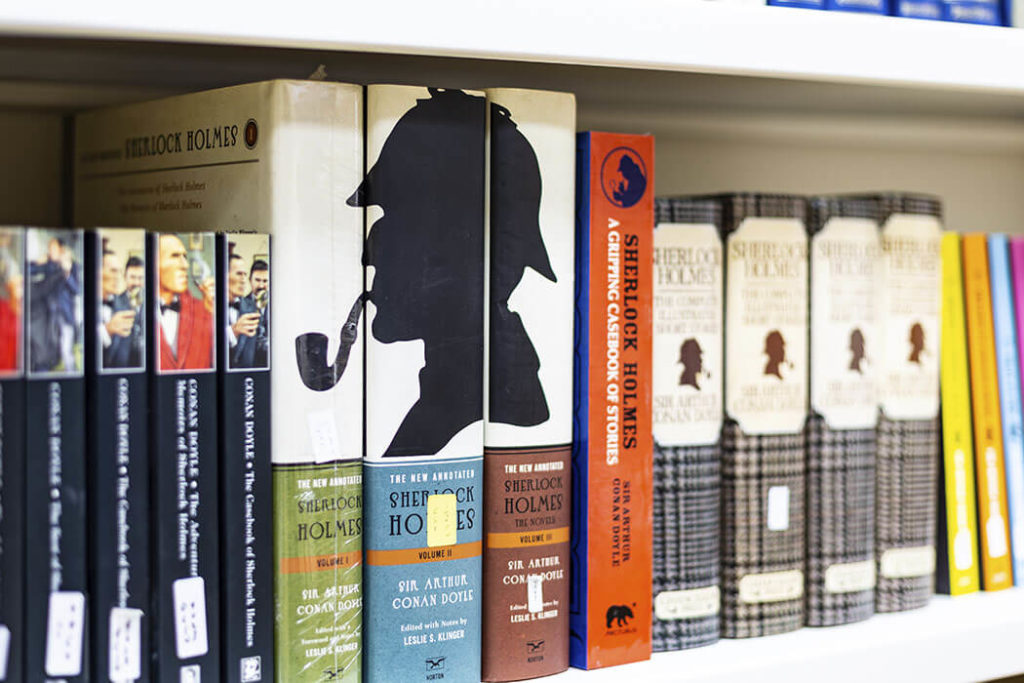
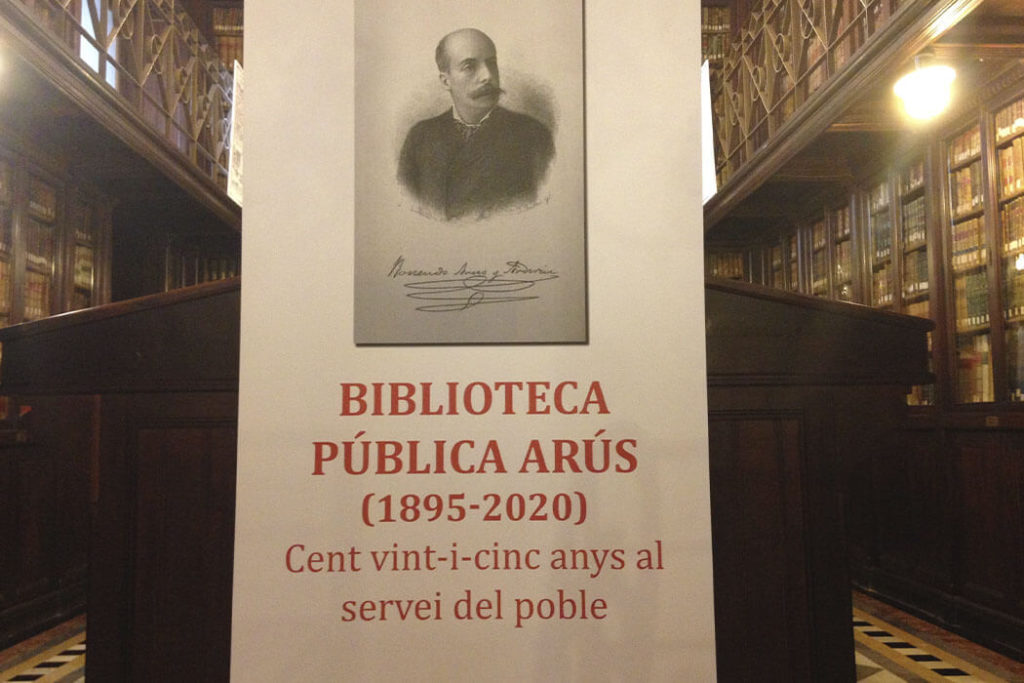
The Arús Public Library celebrates 125 years. Many conferences and activities are organized, along with a special exhibition.
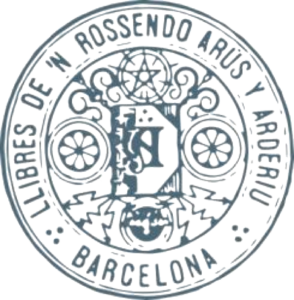
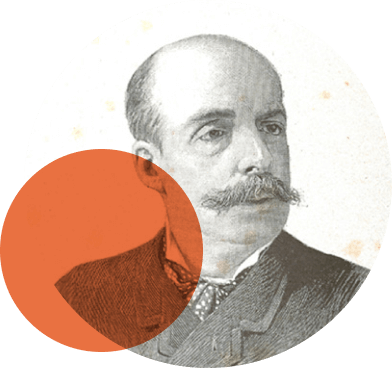
Barcelona, 1844 – 1891
Rossend Arús was born in Barcelona in 1844. His father, Pere Arús Cuixart, was a prominent trader of colonial goods, particularly textile industry dyes, who came from a wealthy family from l’Hospitalet de Llobregat, whereas his mother, Teresa Arderiu Pons, came from Das, a little village in the Catalan Pyrenees. Arús was good-natured and cheerful, yet had a sharp and sarcastic demeanour, which spurred his avid defence of democracy, federal republicanism, left-wing catalanism, freethinking and Freemasonry. He also was a philanthropist and generous benefactor who sought progress for those around him.
He was a member of the Societat del Born (the Born Society), a neighbourhood association where he helped organize the Carnival festivals of the 19th century sixties and seventies. As the secretary, he promoted the use of the Catalan language within the committee and was involved in many of its cultural and charity initiatives. He also took part of the society Lo Niu Guerrer (the Warrior Nest), which took over the Born Society’s role in the community after 1874.
Arús was a well-known writer and playwright, though he also dabbled in chronicling, journalism and several genres of poetry, prominently epigrammatic poetry. As a theatre enthusiast, he was involved in some societies such as Flora (1864-1865) and Tertúlia Catalana (Catalan Gathering; 1865-1871 and 1871-1873), which gradually took a more professional turn and gained relevance to the point of staging a fair share of the city’s theatrical production (were it light-hearted sketch and full-length comedies, or more ambitious dramas) along with the increasing presence of Catalan playwrights and plays. It was at that time when he did writings of his own: at least 46 plays in Catalan and 7 in Spanish (52 of which were preserved). All of them were produced and staged from the 1860’s onwards, and about 15 of them were also published. Some were quite successful. Beyond satire and political plays, there is an abundance of genres, with comedic and dramatic realism embedded with social commentary, magic theatre, folktale recreation and even biblical-inspired plays. All of them conveyed Arús’s progress and freedom ideology, as well as a clear defence of the working class interests and an appeal for enlightenment. They became an important part of the 1800’s Catalan theatrical renaissance, where Frederic Soler (aka Serafí Pitarra) and Àngel Guimerà reigned supreme. Additionally, Arús’s business mindset prompted him to rent and manage several venues, aiming for a widespread audience within the working class. Some such theatres were the Teatre de l’Olimp, in Mercaders Street; the Teatre Espanyol, when it was located at the beginning of passeig de Gràcia; the Teatre de Sant Andreu, a more ambitious attempt as of 1876; and throughout the 1880’s, the Teatre del Bon Retir, in Catalunya Square between passeig de Gràcia and rambla de Catalunya.
After the ousting of Queen Isabella II of Spain in 1868 and the proclamation of the First Republic in 1873, Rossend Arús began dabbling in politics, like many other socially-involved liberal young men, and also in Freemasonry. He joined the ranks of the Partit Demòcrata Republicà Federal (Federal Republican Democratic Party), was part of several of its committees and even run (unsuccessfully) for the City Council elections; all while he also devoted himself to writing and theatre. The restoration of the Spanish Monarchy in 1875 partly extinguished his passion for politics, although he never officially left the Party. He became deeply invested in catalanism along with Valentí Almirall, taking discreet yet crucial roles such as secretary for many committees. He was involved in the preparation and celebration of the first catalanist congresses (Congressos Catalanistes of 1880 and 1883), the creation and expansion of the Centre Català (Catalan Center: 1882), and the Jocs Florals (Floral Games, the most important literary contest of 19th century Catalonia).
Rossend Arús was initiated into Freemasonry on May 16th 1866, in Lògia La Fraternitat núm.1 (Fraternity Logde no.1) in Barcelona, and in 1884 he achieved the 33rd Degree (the highest degree according to the Scottish Rite). Afterwards, he also became a member of other lodges: La Verdad, núm.17 (The Truth, no.17) in Barcelona, el Gran Capítol Català, Pureza núm.2 (Lisbon), Unión Ibérica núm.252 (Madrid), La Sagesse (Barcelona), Perfetta Unione (Italy), and he also joined the Supreme Council of Portuguese Masonry. In 1881 he created his own Catalanist Lodge, Avant núm.149 (Advance Lodge no.149) in Barcelona, of which he became Worshipful master. In 1886, the GLSRC Constituent Assembly took place, and Rossend Arús was appointed the Grand Master of Catalan Masonry.
Arús’s work as a journalist is also noteworthy. He published for several journals and magazines, with an outstanding presence in La Llumanera de Nova York (New York’s Oil Lamp, 1874-1881), a prestigious Catalan magazine published in New York by Artur Cuyàs. Some of his Costumbrist serials were highly successful, particularly Cartes a la Dona (Letters to the missus), where he wrote under the heteronym Pau Pi i Pla supposed letters from a Catalan mayor to his wife about the Centennial International Exhibition in Philadelphia, 1876. He also published regularly in the Diari Català (1879-1881), sustained by Valentí Almirall, and in Tramontana (1881-1896), a magazine run and financed by anarchist Josep Llunas i Pujals. Some widely successful magazines such as L’Esquella de la Torratxa and La Campana de Gràcia also were keen on publishing his work. Arús himself was also involved in the promotion of other monographic publications, such as Pepe Hillo (1874-1878), one of the first bullfighting magazines in Catalonia; La Luz (1885-1886), which was also the name of a freethinking society in Barcelona; and the Boletín Oficial de la Gran Logia Simbólica Regional Catalana (1886-1887), about Freemasonry and the news media of this Catalan obedience.
Arús died in 1891. His last will and testament named Valentí Almirall and Antoni Farnés, to whom he had confided his dying wish, as his legal heirs and estate executors. Specifically, they were tasked with managing and completing the building of the new City Hall and public schools of Das (Arús’s mother’s hometown) and l’Hospitalet de Llobregat (Arús’s father’s hometown). Additionally, his own apartment along with the whole building he owned in Sant Joan boulevard had to undergo some remodelling in order to open a library for the people of Barcelona. His will was fully realized, and the Arús Public Library held its grand opening on the 24th of March, 1895, with a large crowd and many civic entities partaking in the celebration.
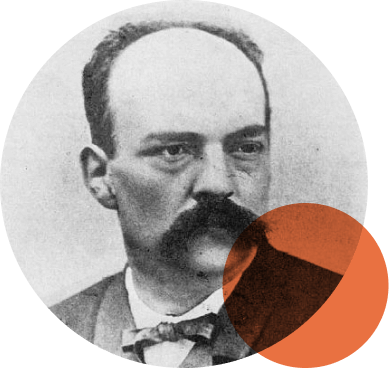
Barcelona, 1841 – 1904
Valentí Almirall came from a wealthy family from Barcelona. Although he had a law degree from Univeristat de Barcelona, he felt more inclined to pursue a career in politics than to practice law as an attorney. In his youth, Almirall regularly attended several tertulias (literary or political parlour meetings), most notably the renowned tertulia Frederic “Pitarra” Soler held in his shop’s backroom. There, he most likely met contemporary intellectuals such as Conrad Roure, Josep Anselm Clavé or Josep Lluís Pellicer.
As the leader of the Partit Republicà Democràtic Federal (Republican Democratic Federal Party), Almirall actively took part in the 1868 Revolution, fighting against Spanish authoritarianism and for a federal government, similar to that of Switzerland. Around that time he founded the newspaper El Estado Catalán, he managed the newspaper El Federalista and he took part in the pro-federalism manifesto called Pacte de Tortosa (Tortosa Pact, 1869). That same year he had to flee into exile in France, and not until an amnesty was granted did he come back to Barcelona.
His commitment with Catalan nationalism took him to manage the first newspaper written in Catalan, el Diari català (lit- “The Catalan Newspaper”); to be deeply involved in the first and second Congrés Catalanista (Catalanist Congress, 1880 and 1883); to found the first Catalan nationalist political organization, el Centre Català; to take part in the writing of the Memorial de Greuges (the Compendium of Grievances addressed to King Alphonse XII in 1885); and most notably, to publish Lo catalanisme in 1886.
He was fast friends with Rossend Arús, who appointed him his heir and executor of his will along with Antoni Farnés. Consequentially, he was responsible for the organization of the Arús Public Library.
In 1898 he married in articulo mortis his partner, Rosalía Palma, and in 1904 he died of a stroke.
Barcelona, 1840 – 1904
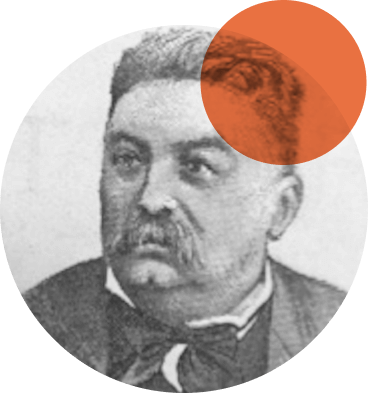
Antoni Farnés was a trustworthy employee in the Arús family business, which he came to understand well enough to progressively take over management duties, until the point at which Rossend Arús named him co-manager and, once he passed away, Farnés became the sole owner.
Not much is known about his life, although it is fairly established that he came from the same neighbourhood as the Arús family, between Born and Porta Nova, since he belonged to some of the organizations Rossend Arús promoted. All throughout his life, he had a close relationship with this family and their business, as proved by the fact that Rossend Arús trusted him enough to appoint him his heir and will executor along with Valentí Almirall. Ever since Arús passed away, he devoted himself to bringing his death with to fruition: the city halls and schools of Das and l’Hospitalet de Llobregat, and the Arús Public Library.
On March 24th 1895, the library’s opening day, he was appointed member of the Board, manager and treasurer; thusly, it is very likely he orchestrated the financial and economic structure to fund and sustain the institution with.
Antoni Farnés died on March 18th 1904, leaving behind a prosperous business and a vast estate, although no spouse or offspring to share it with.
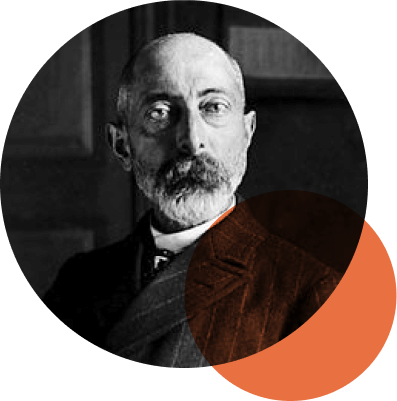
Barcelona, 1858 – 1928
Eduald Canivell was the first director of the Arús Public Library. He was an accomplished typographer trained in Paris, whose impeccable craft merited him awards in Italy and Germany. He was also an historian of graphic arts and a political and cultural activist: anarchist, Catalan nationalist and mason, he took part in rallies defending secular schools and became first acquainted with Valentí Almirall and Rossend Arús in 1882, who were as much involved as he was in the Centre Català.
His role as the Arús Public Library director allowed him to oversee the selection and acquisition of the initial book collection along with Almirall. Both men bough thousands of documents in Catalan, European and American book-shops, which amounted to one of the most modern catalogues to be found in Catalan libraries of the time. It is very likely the cataloguing criteria and the document-management guidelines where his doing, with some help by Cels Gomis and the rest of the library personnel.
Canivell firmly believed in the knowledge-spreading role a library ought to play, the responsibility of providing an education to the public regardless of age, gender or social class. Therefore, the activity records of the library registered users with no exceptions, women and children included. He also strived for a wider working-class attendance by having more accessible opening hours, such as Sundays and public holidays, although with little success.
In 1922 he resigned, and six years later he was fatally run over by a motorcycle, though some reports have stated it was a car, or perhaps a trolley.
Reus, 1841 – Barcelona, 1915
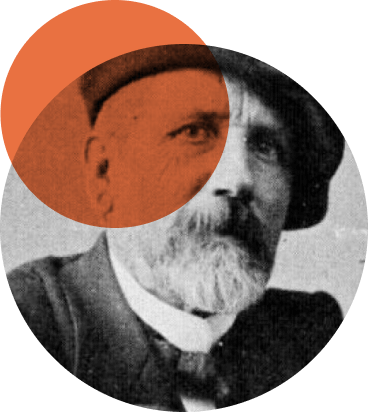
Cels Gomis was the secretary of the Arús Public Library Board. He was an engineer by trade, a well-known folklorist, a science communicator and a revolutionary activist. After taking part in a failed federalist revolt in 1869, he went into exile in Geneva and joined Bakunin’s Social Democratic Alliance. Afterwards he moved to Madrid and became a relevant advocate for Bakunin’s ideas and the First International.
He was defined as an “industrious Catalan nationalist” and defended the need for a more independent Catalan government. He was good friends with Valentí Almirall and Rossend Arús, and was deeply connected to the Centre Català, donating many books to its library.
His work as a folklorist was quite avant-garde, in that he would collect folklore directly from the source, and record it raw, with no interference or interpretation. He also noted down their name, age and town, and treated their moral and religious beliefs with respect, with the sole goal of learning as much as possible about their cultural uniqueness.
As a secretary in the Arús Library Board, he helped director Eudald Canivell compose the general catalogue. He also was in favour of opening on Sundays and holidays in order to allow the working classes more time to come to the library.
La Biblioteca estarà tancada per vacances des de l’1 al 31 d’Agost inclusivament.
La Biblioteca estará cerrada por vacaciones desde el 1 al 31 de Agosto inclusive.
The Library will be closed for holidays from 1 to 31 August inclusive.